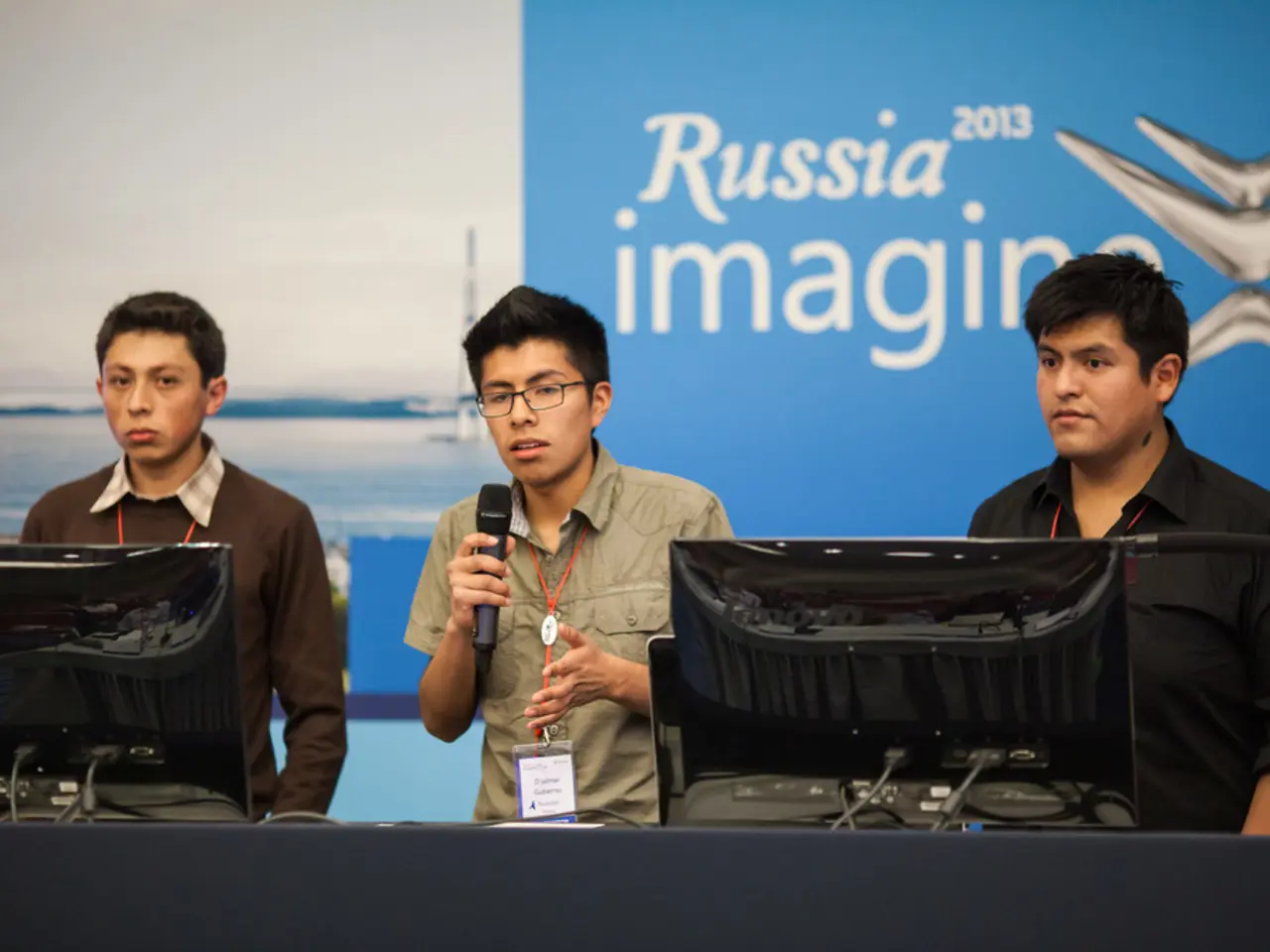Hungarian Prime Minister Viktor Orbán states that joining the European Union by Kyiv does not automatically ensure security.
Ukraine's journey towards European Union (EU) membership has taken a significant step forward, with the European Council deciding to open formal accession negotiations in mid-December 2023. However, progress in opening all negotiation clusters by the end of 2025 has been stalled, partly due to Hungary's veto and trust issues over reforms.
As an EU candidate, Ukraine was granted the status on June 23, 2022. Accession negotiations officially began in June 2024, with the first intergovernmental conferences held in Luxembourg. The EU aimed to open the first negotiation cluster "Fundamentals" in the first half of 2025, focusing on reforms in rule of law, judiciary, media independence, and anti-corruption frameworks. Both Ukraine and Moldova are reported by the European Commission as "ready" for these talks.
However, the pace has slowed due to political complexities within the EU. Hungary's Prime Minister Viktor Orbán has been blocking Ukraine's EU progress since early 2025, creating a veto threat. The European Commission and other EU institutions initially sought ways to bypass this veto, including considering decoupling Moldova and Ukraine's talks, but these attempts have stalled or been rejected by Kyiv.
Ukrainian attempts that undermined anti-corruption institutions have damaged trust with the EU, further complicating swift advancement. EU accession is not a formal security guarantee but is politically significant for Ukraine's long-term integration with Europe and its security framework. The EU's support is instrumental, but formal security guarantees would typically come through NATO; accession talks, however, inherently reinforce Ukraine's European alignment and security concept.
Regarding the prospect of a Europe-Russia summit, no recent search results from 2025 indicate any advancement or concrete plans for such a summit. The ongoing war and geopolitical tensions, alongside Ukraine's EU accession struggle and calls from some EU members for Ukraine to resolve historical disputes, make the likelihood of a Europe-Russia summit low at this time.
Hungary, one of the EU member states with a position closer to the Kremlin, still receives Russian oil. Orbán, a supporter of US leader Donald Trump and considered a close partner of Russian President Vladimir Putin, welcomed the measures taken in the conversations between Trump and Putin.
Orbán argued that the policy of isolating Russia has failed. He has opposed the approval of new sanctions against Moscow on several occasions. The European Council's decision to open accession negotiations with Ukraine contradicts Orbán's argument, as it continues to engage with Russia diplomatically.
Orbán has also stated that Ukraine's accession to the EU does not provide security guarantees. He emphasized that the danger of a third World War can only be reduced through a meeting between Trump and Putin. This stance differs from the European Council's decision to open accession negotiations with Ukraine, which does not align with Orbán's emphasis on the need for such a meeting.
Ukraine formally submitted its application to join the EU on February 28, 2022, following the start of the Russian invasion. The ongoing struggle for Ukraine's EU accession underscores the complexities and political hurdles involved in the process, even amidst geopolitical tensions and ongoing conflicts.
[1] European Commission. (2023). Progress report on Ukraine. Retrieved from https://ec.europa.eu/neighbourhood-enlargement/policy/countries/ukraine_en [2] European Council. (2023). Council conclusions on the EU-Ukraine Association Council meeting. Retrieved from https://www.consilium.europa.eu/en/press/press-releases/2023/12/21/council-conclusions-on-the-eu-ukraine-association-council-meeting/ [3] European Parliament. (2023). MEPs call for Ukraine to be granted EU candidate status. Retrieved from https://www.europarl.europa.eu/news/en/headlines/politics/20230623STO73642/meps-call-for-ukraine-to-be-granted-eu-candidate-status [4] Kyiv Post. (2024). Ukraine-EU relations: What's next after EU candidate status? Retrieved from https://www.kyivpost.com/ukraine-politics/ukraine-eu-relations-whats-next-after-eu-candidate-status.html [5] Reuters. (2025). No signs of Europe-Russia summit in 2025, sources say. Retrieved from https://www.reuters.com/world/europe/no-signs-europe-russia-summit-2025-sources-say-2025-03-01/
Read also:
- Weekly happenings in the German Federal Parliament (Bundestag)
- Southwest region's most popular posts, accompanied by an inquiry:
- Discussion between Putin and Trump in Alaska could potentially overshadow Ukraine's concerns
- Massive 8.8 earthquake hits off the coast of Russia's Kamchatka Peninsula, prompting Japan to issue a tsunami alert.








